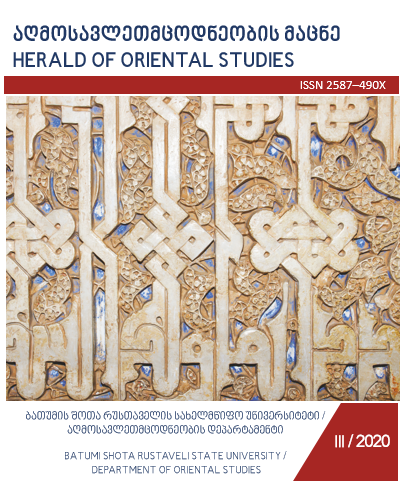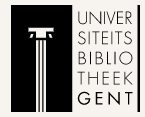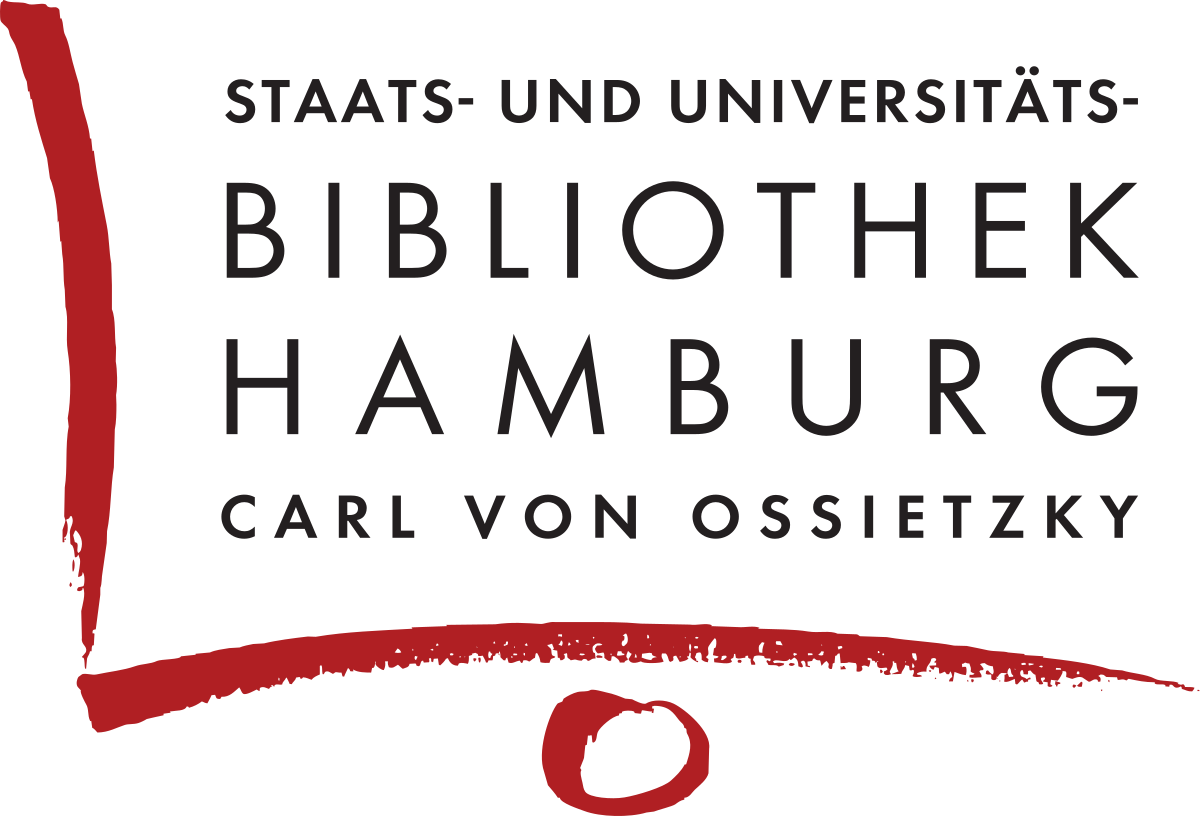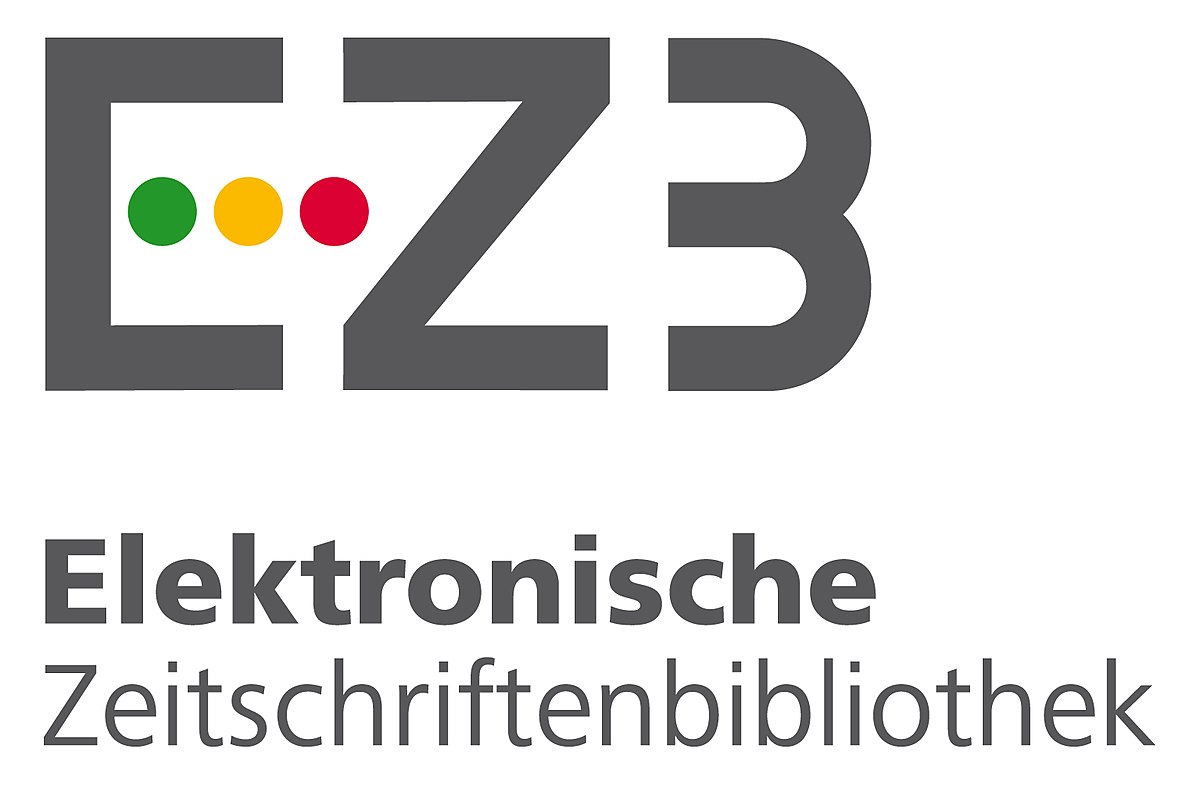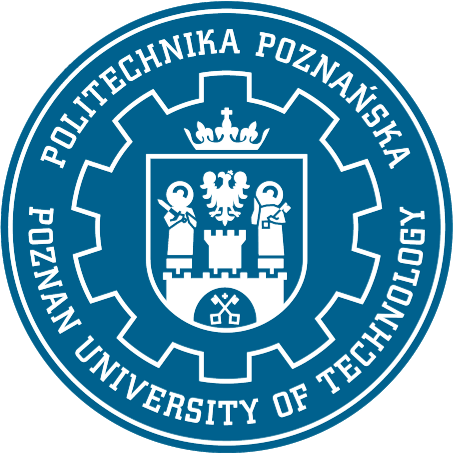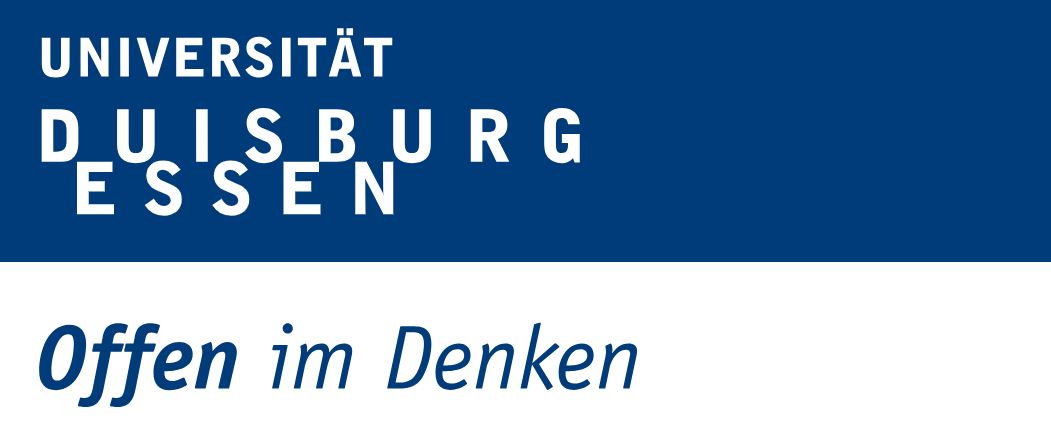Some aspects of traditional values integration into a new reality in post-totalitarian Batumi
DOI:
https://doi.org/10.48614/hos.3.2020.118-128Keywords:
Tradition, Innovation, Internal Migrations, Islam, Adaptations, IntegrationAbstract
rise of urbanization tendencies, standardization of living, breakage of traditions caused irreversible changes of ethno cultural elements. Due to historical peculiarities, mountainous village of Ajara presented a closed, less changeable, tameness-oriented space. Such barriers were broken in post- totalitarian period. Economic instability and decrease of living standards caused and promoted migration processes amng village population. The modern political, social-economic and cultural-religious processes put Batumi (which traditionally represented the platform for meeting and cohabitation of different ethno cultures and religious confessions and characterized with diversity and synthesis of religious beliefs and cultural values) to the epicenter of the changes. The ethno confessional picture of Batumi, in line with other factors, was significantly changed by the internal migration processes, increased in Ajara after the Soviet collapse. The paper presents the analysis of the problems and strategies of adaptation of migrated population in new social-cultural conditions.
Downloads
Downloads
Published
How to Cite
Issue
Section
License

This work is licensed under a Creative Commons Attribution-ShareAlike 4.0 International License.

